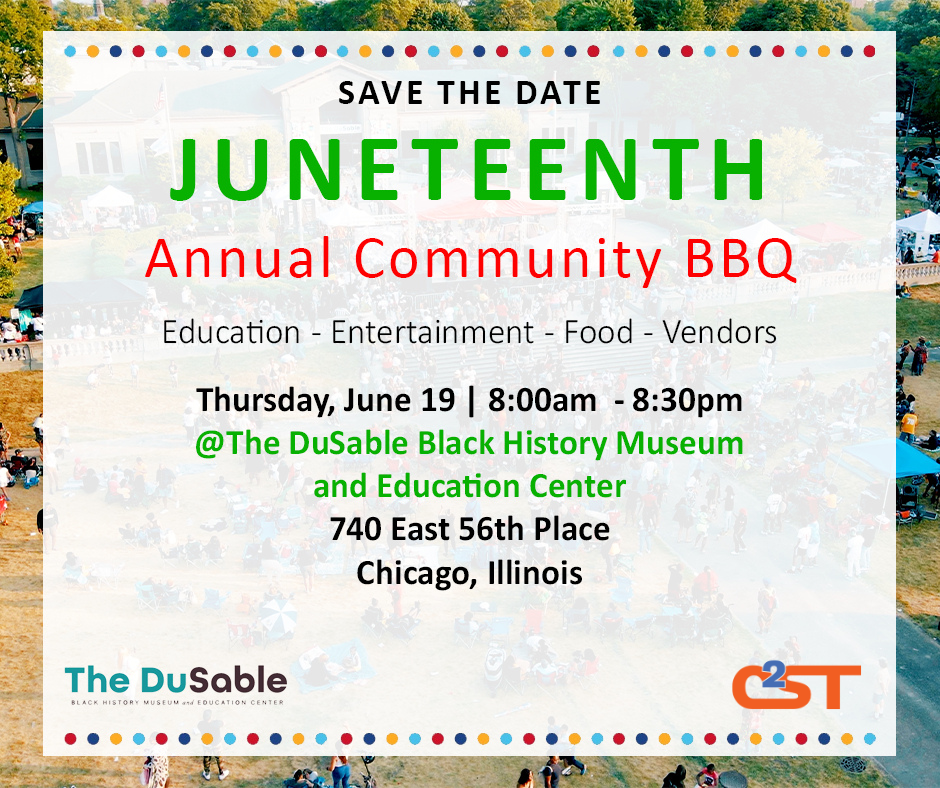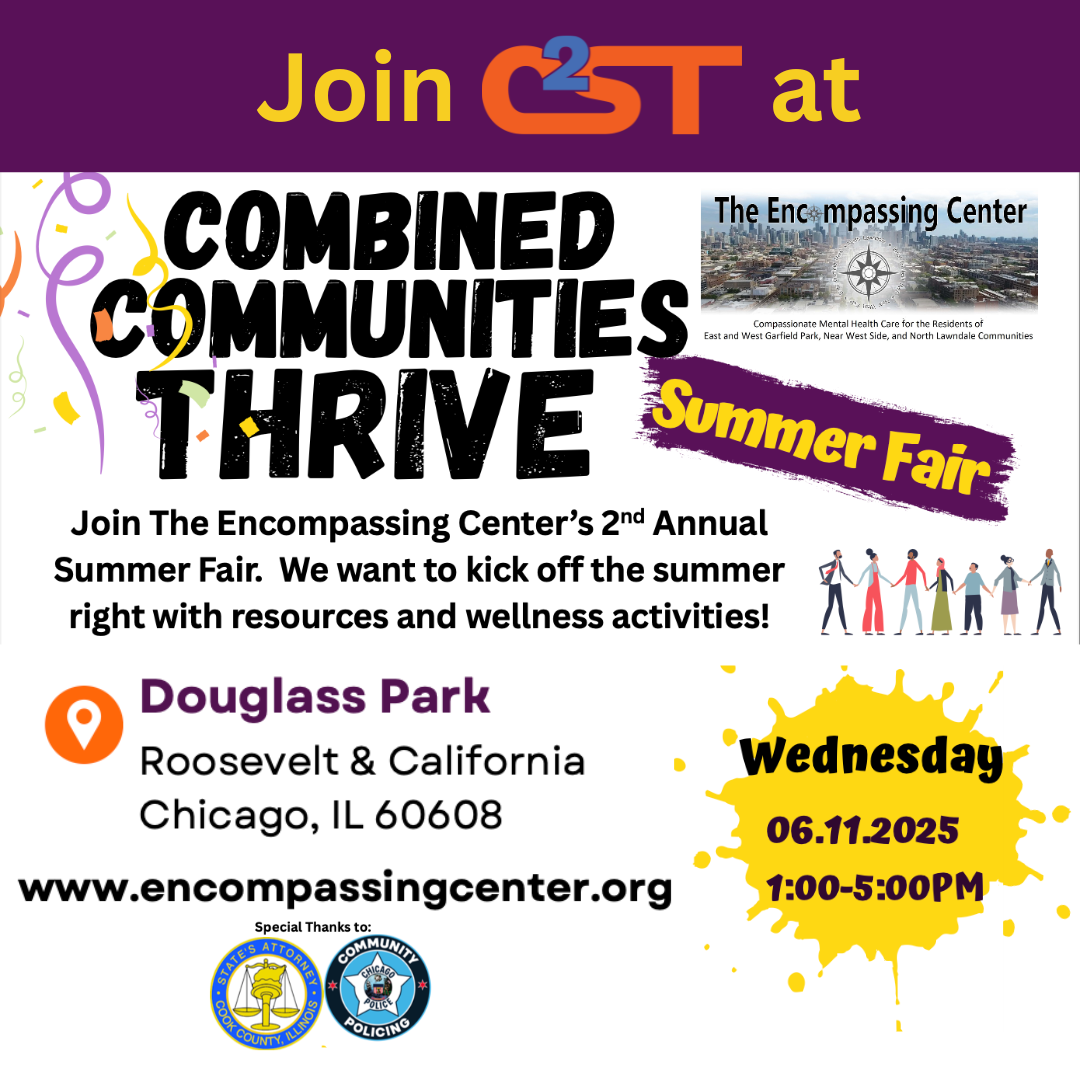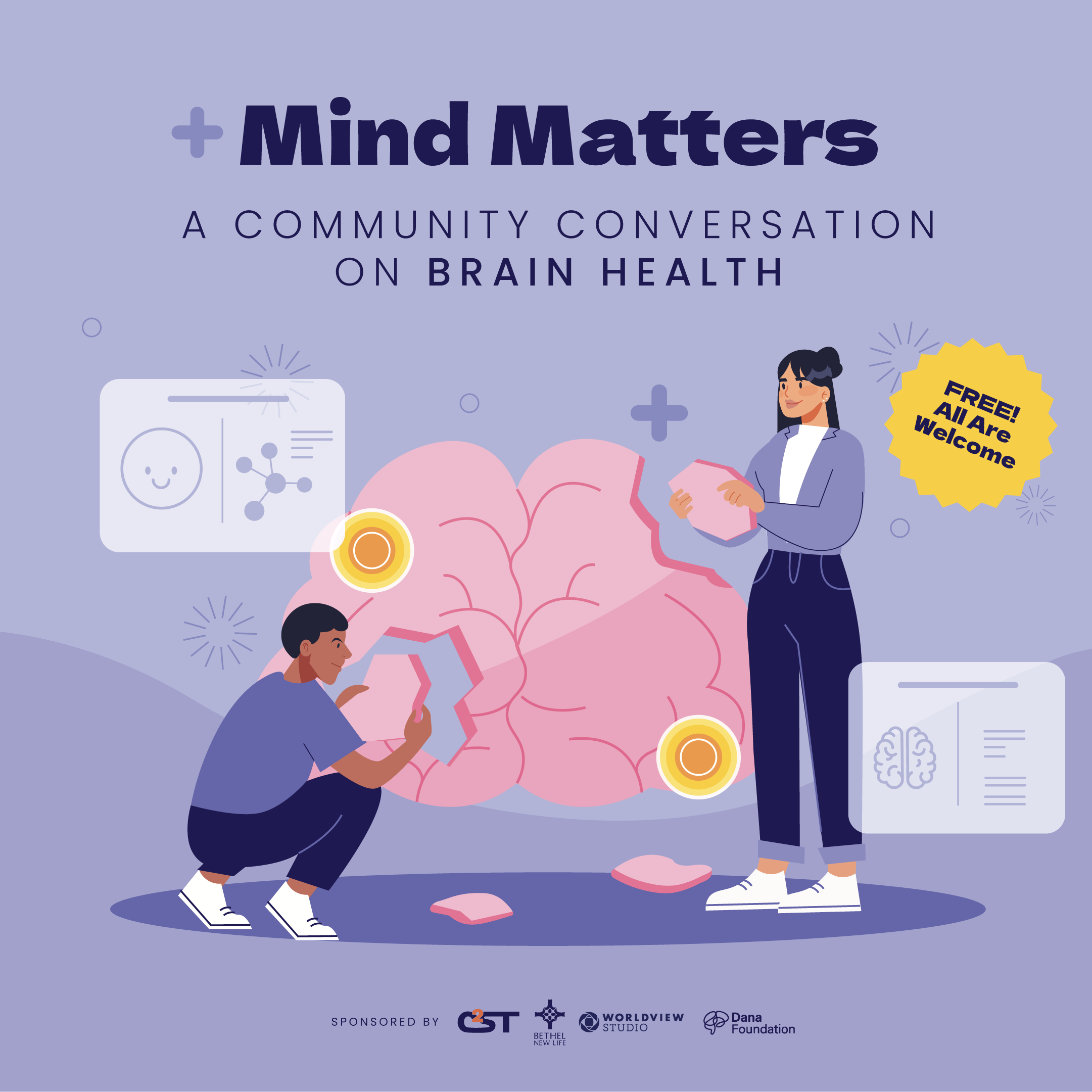Program Series: Health and Wellness
Heath & Wellness (HW) Series includes programs that present current and emerging public health concerns by introducing the latest research advances in medical science, disease prevention and physical and mental health.
Previous HW events have covered cancer, aging, addiction, Alzheimer’s disease, human microbiome, and dietary supplements.
Distinguished speakers have included Frank Giles, M.D., Chief of Oncology at the Lurie Children’s Hospital; Jack A. Gilbert, Ph.D., Director of the Microbiome Center and a Professor of Surgery at the University of Chicago, Group Leader for Microbial Ecology at Argonne National Laboratory, Associate Director of the Institute of Genomic and Systems Biology, Research Associate at the Field Museum of Natural History, and Senior Scientist at the Marine Biological Laboratory; T. Celeste Napier, Ph.D., Professor in the Departments of Pharmacology and Psychiatry at Rush University Medical Center, and is the Director for the Center for Compulsive Behavior and Addiction at Rush University.
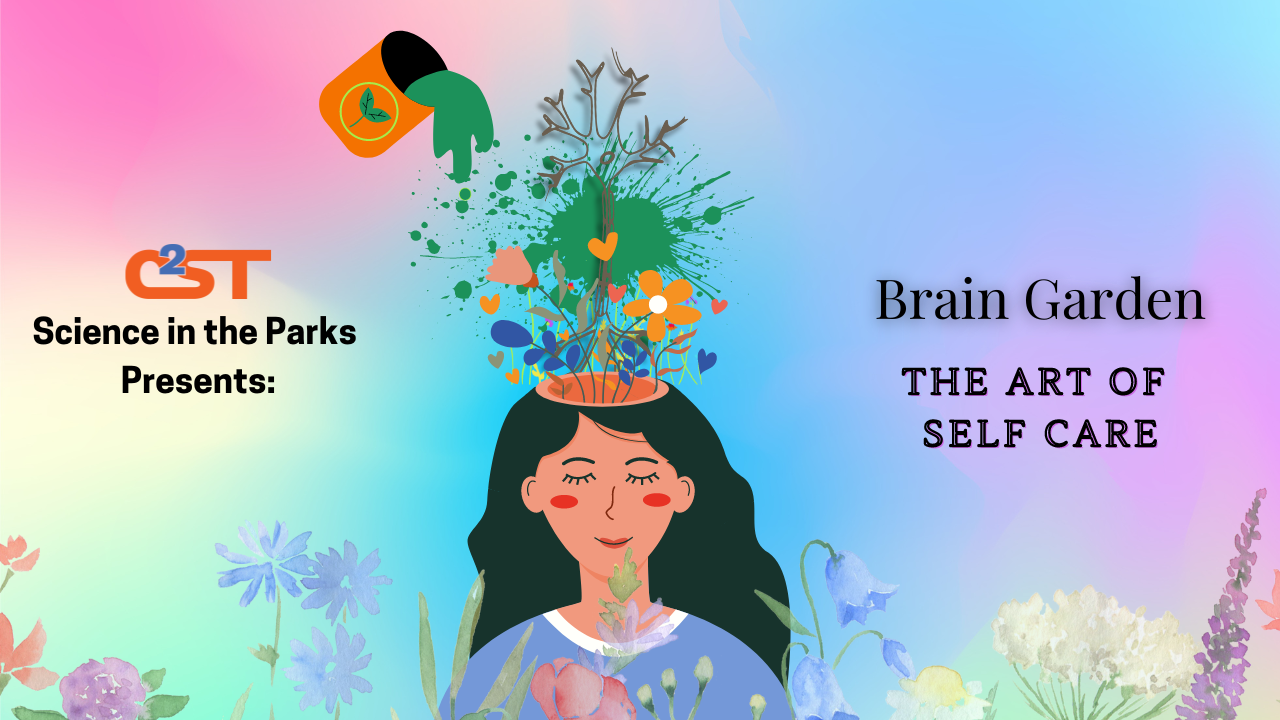
Although the meaning of self-care can vary across different contexts, it is generally recognized as acts or gestures that aim to maintain and promote an individual’s health for themselves or their community. Whether wanting to support our spiritual, mental, emotional, or physical health, there are always ways in which we seek to take care of ourselves and each other; giving and receiving this care, however, is made difficult by the constraints and tensions we face in our daily lives.
Join us at Palmisano Park for an engaging day of food experiments and art creation! Learn about different methods of preparing and extracting dye from colorful fruits and vegetables! Experiment with making plant-based dyes and use them to create beautiful paintings while engaging in mindfulness and reflection. Together, we will learn about the science of self-care, explore ways to meaningfully engage in self-care practices, and create beautiful art! The activities we will deliver are open to all ages and the program will include…
- Dye Extraction Workshop
- Art Creation Session
- Mindfulness and Reflection Activity
Restrooms in the Field house will be open and available for participants. Light ‘brain healthy’ snacks will be also be available!
*Science in the Parks is an ongoing effort by C2ST to live up to our philosophy that “Science is for Everyone.” Not only do we want to join your community, but we want to return and provide science programs that are relevant to you in the future.*
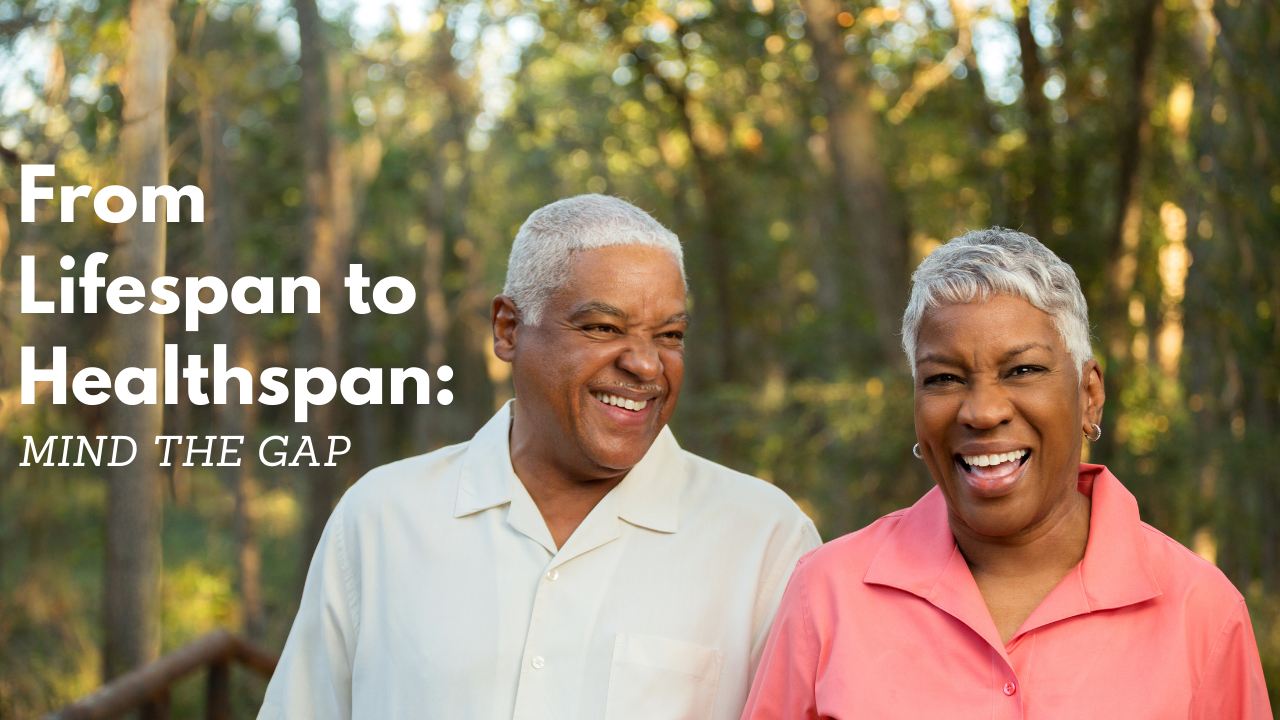
Why do certain groups have stronger protection against aging than others? What are neuroscientists discovering about aging and dementia? What are the clinical implications of aging with HIV infection? Is heart disease inevitable with aging?
Longevity research has transformed in recent years:
- Our focus has shifted from prolonging lifespan and instead we are looking to extend something called “healthspan”.
- Scientists have identified genetic variants in certain groups of people that slow their aging process
- The way we measure age has changed.
With 95 million Americans expected to be 65 or older by 2060 (nearly a quarter of the population), the science of longevity has become more critical to our individual and collective future. Join us to learn about new developments in the study of aging, how people are prolonging their “healthspan,” and much more!
Resources to explore:
- The Potocsnak Longevity Institute
- Finding the Internal Fountain of Youth in Amish Country with Douglas Vaughan, MD
- Search: Breakthroughs on Spotify-2019
- Research from the Potocsnak Longevity Institute on Aging
- Fibroinflammatory Signatures Increase with Age in the Human Ovary and Follicular Fluid
- DNA Methylation GrimAge and Incident Diabetes: The Coronary Artery Risk Development in Young Adults (CARDIA) Study.
- Epigenetic age acceleration and metabolic syndrome in the coronary artery risk development in young adults study.
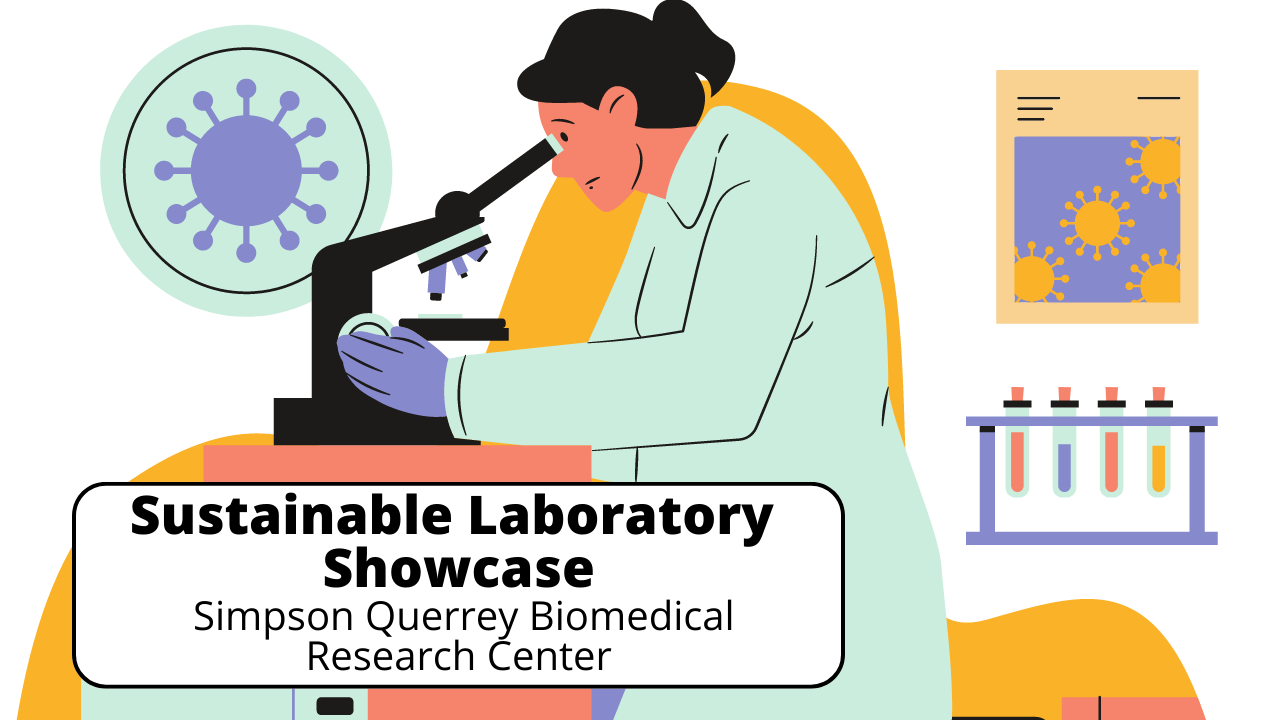
Join The Chicago Council on Science and Technology (C2ST) and The International Institute for Sustainable Laboratories (I2SL) Great Lakes Chapter for a deep dive into sustainable design practices and the research being conducted at the Northwestern University Simpson Querrey Biomedical Research Center (SQBRC) with a Pecha Kucha, building tours, and reception with educational booths!
